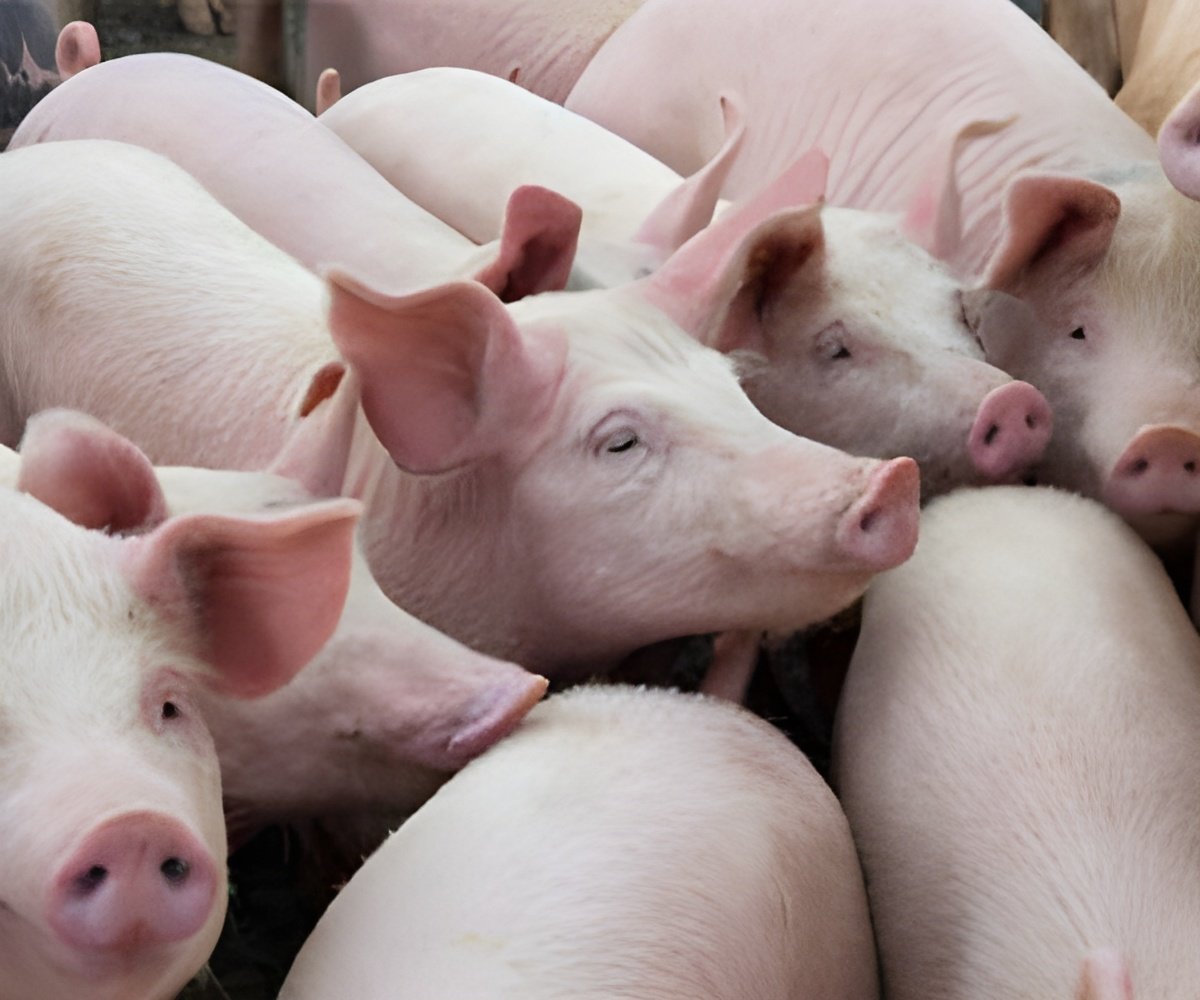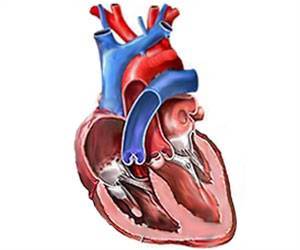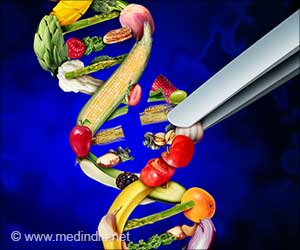A 57-year-old patient with terminal heart disease gets a genetically-modified pig heart. The organ transplant demonstrated for the first time that a genetically-modified animal heart can function as a human heart without immediate rejection by the body.

‘The organ transplant demonstrated for the first time that a genetically-modified animal heart can function as a human heart without immediate rejection by the body.’





Bennett was deemed unfit for conventional heart transplant or an artificial heart pump due to a life-threatening arrhythmia -- an irregular heartbeat condition that can lead to cardiac arrest or stroke. He was also connected to a heart-lung bypass machine, called extracorporeal membrane oxygenation (ECMO), to remain alive. The US Food and Drug Administration had granted an emergency authorization for the surgery on December 31 "in the hope of saving the patient's life".
The team of doctors at UMMC conducted the procedure called xenotransplantation, wherein they "knocked out" three genes -- responsible for rapid antibody-mediated rejection of pig organs by humans -- in the donor pig. And then six human genes -- responsible for immune acceptance of the pig heart -- were inserted into the genome.
One additional gene in the pig was also knocked out to prevent excessive growth of the pig heart tissue, which totaled 10 unique gene edits made in the donor pig.
While the process could potentially save thousands of lives, it carries a unique set of risks, including the possibility of triggering a dangerous immune response. These responses can trigger an immediate rejection of the organ with a potentially deadly outcome to the patient, the doctors said.
Advertisement
"This was a breakthrough surgery and brings us one step closer to solving the organ shortage crisis. There are simply not enough donor human hearts available to meet the long list of potential recipients," said Bartley P. Griffith, who surgically transplanted the pig heart into the patient
Advertisement
Before consenting to receive the transplant, the patient was fully informed of the procedure's risks, and that the procedure was experimental with unknown risks and benefits.
"It was either die or do this transplant. I want to live. I know it's a shot in the dark, but it's my last choice," said Bennett, the patient, a day before the surgery was conducted.
Bennett is being carefully monitored over the next days and weeks to determine whether the transplant provides lifesaving benefits, the doctors said.
"I look forward to getting out of bed after I recover," he said.
Organs from genetically modified pigs have been the focus of much of the research in xenotransplantation, in part because of physiologic similarities between pigs, human, and nonhuman primates.
The pig heart was provided by Revivicor -- a regenerative medicine company based in Blacksburg, Virginia.
Source-IANS













